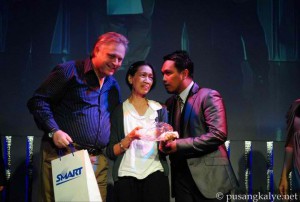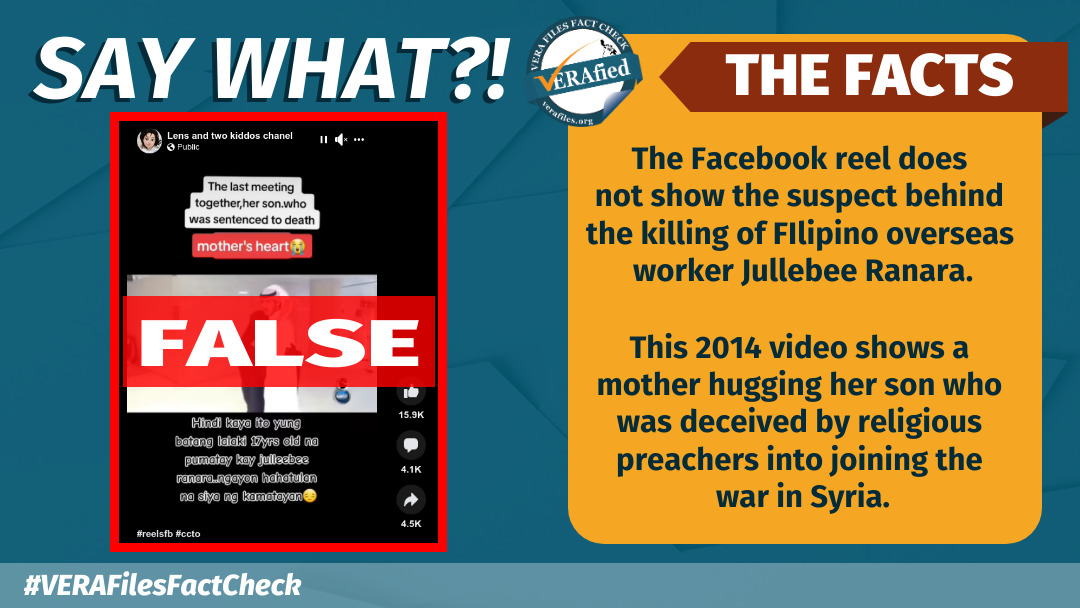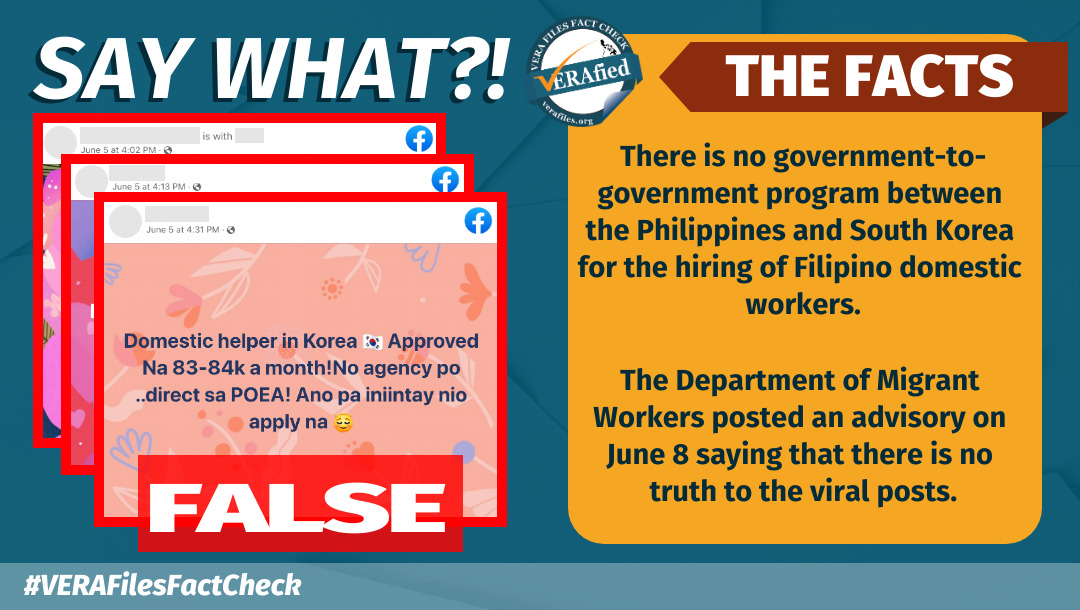By PATRICK KING PASCUAL
Overseas Filipino workers are considered to be some of the hardest-working people in the country. But as unfortunate as it sounds, most of the fruits of their hard work are not put into something that can possibly gain great rewards – which in return, if managed properly, can give them the option to stop working abroad and go back to the Philippines and be with their loved ones.
Based on statistics, the remittances most of them send home are poorly managed by their families. In some cases, they are spent on unnecessary things, like buying the latest gadgets, and dining at expensive restaurants.
And this unnecessary spending can be avoided with proper financial education for both the OFW and their families.
“In order to make a big difference in the lives of OFWs and their families, there has to be a comprehensive, extensive and sustainable personal finance program nationwide. There has to be a program [that] will teach the spouses of OFWs how to manage their money,” said registered financial planner Alvin Tabañag.
The starting point of the personal finance journey should come from the OFWs themselves.
“An OFW, or anybody for that matter, should not be too busy to make sure that his/her family’s financial future is secured,” Tabañag stressed.
He also added that financial education should be adopted by the entire family, not just the overseas worker. And the most crucial part of the journey is to teach basic money management to OFWs before they are deployed, so they can also teach it to their families before they leave.
Currently, the Philippine Overseas Employment Administration offers Pre-Departure Orientation Seminars (PDOS) to would-be OFWs.
“The PDOS is only five to ten minutes, and the topics do not cover much on the subject of money management,” Tabañag said, “and if you bombard them with too much information, they will just shut down.”
So he proposed to make it an hour-long orientation, wherein the basics of money management will be discussed. He pointed out that it would only be effective if the families of the OFWs would also participate and make the effort to learn personal finance.
“Ultimately, it’s the OFW’s responsibility to teach his/her family how to better manage its finances. Responsible money management is more about attitude and discipline, rather than knowledge and skills,” Tabañag explained.
He also gave initial steps on how OFWs can educate their families when it comes to money management, as follows:
1) First, overseas workers should sit down with their families and talk about the importance of a secure financial future. They should ask them about their goals. After hearing their answers, the OFWs should explain what is required to achieve such goals.
2) Next is to paint a picture of the negative consequences if the families left behind do not manage the money responsibly.
“The problem with a lot of Filipinos, not just OFWs, is they do not look far enough into the future. That’s why they don’t realize or see the long-term consequences of the money decisions that they make today. But if you plan ahead and try to create a vision of the future, then probably, you would think twice about how to spend your money wisely,” Tabañag stressed.
On the part of the OFWs’ spouses, they need to realize and keep in mind that their husbands or wives who are abroad will not be working there for life. The OFWs will eventually return home and the money coming in will stop at some point. And if they do not take care of what was being earned right now, they might suffer later.
“OFWs and their families need to master budgeting and spending wisely, so they can secure their financial future. Just follow a budget which will tell you how much you need to spend for a certain period and then exercise discipline. Make every peso count. Do not spend on impulse,” Tabañag ended.






